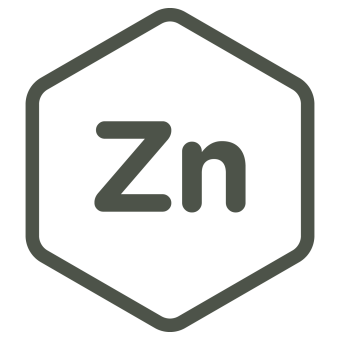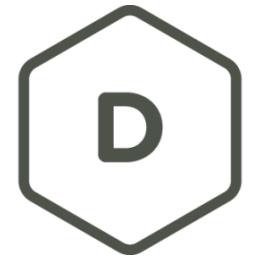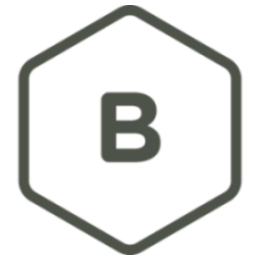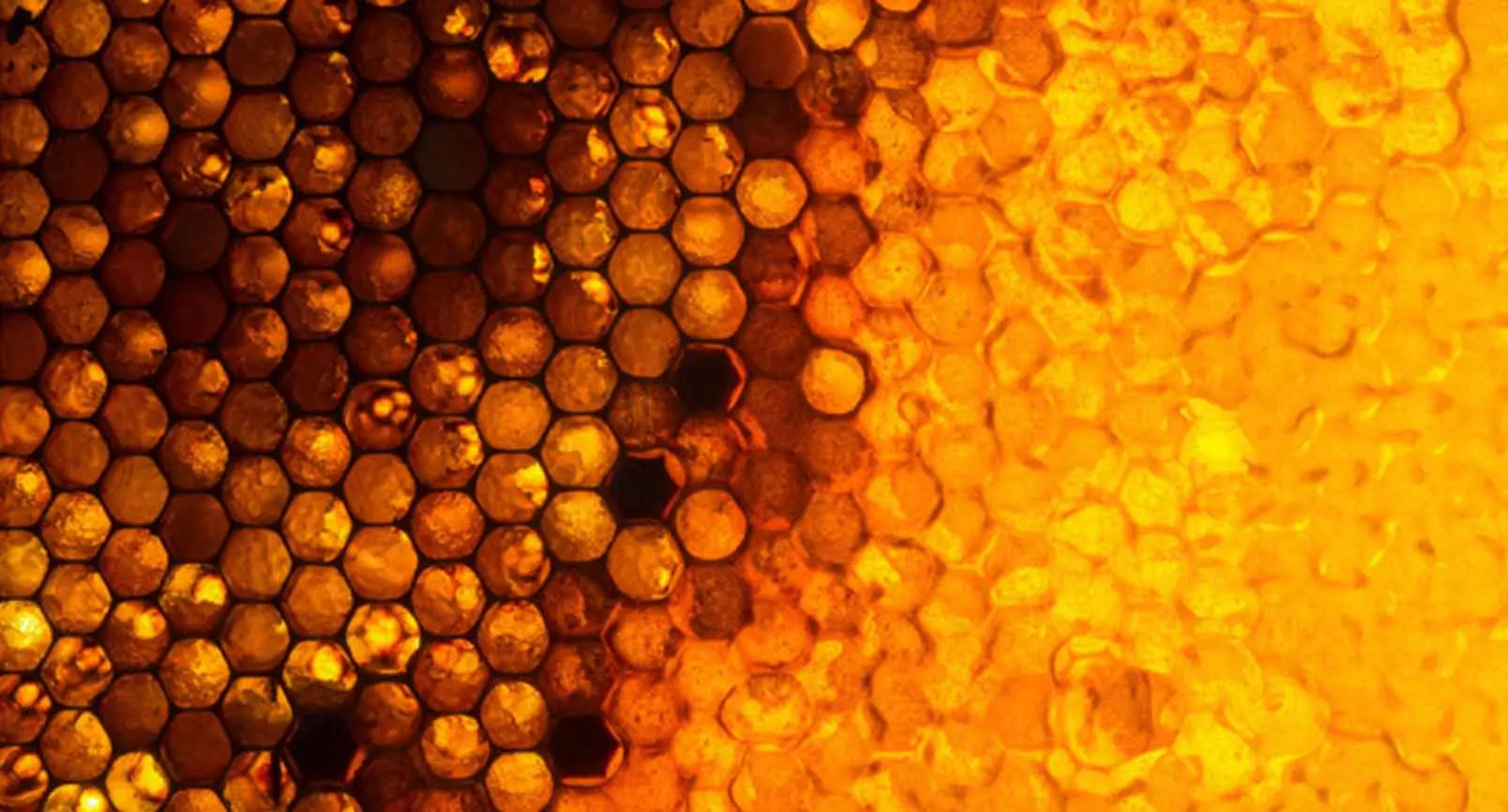Ingredients List
Honey
Often called liquid gold, honey is a sweet substance stored in beehives after being produced from collected nectar. Honey helps to provide relief from coughs, and soothes dry, irritated throats.1,2 It’s also used as a natural sweetener.

Zinc
Zinc is an essential mineral that aids in immune function. It provides immune system support and helps in maintaining overall health.3, 4
Elderberry
Nature’s amazing dark purple berries, elderberries are native to Europe, Africa and parts of Asia. Elderberries are a great source of antioxidants, and are used in Herbal Medicine to help relieve symptoms of colds and flus.5

Vitamin D
Vitamin D is a fat-soluble vitamin which can be absorbed and stored in the body. It helps support immune system function.6
English Ivy Leaf
English Ivy is a woody, evergreen climbing plant native to Europe and Asia. As an extract, Ivy Leaf offers relief by helping to clear mucus when coughing.7
Turmeric
Turmeric is an herb in the ginger family that's often used as a spice in cooking. Turmeric root extract contains curcumin, known for its antioxidant properties.8
Marshmallow Root
A perennial herb native to Europe and Western Asia, marshmallow root has been studied for its ability to support a healthy respiratory system.9

B Vitamins
The B-vitamins are eight water-soluble vitamins that work together as co-enzymes to support multiple aspects of cellular function. Several of the B-vitamins are intricately involved in the catabolic process of generating energy within cells, and inadequate intake in some or all of the B-vitamins may have a negative impact on energy generation.10

Chamomile
Chamomile is used in Herbal Medicine to help relieve restlessness and nervousness.
Sources :
Samarghandian S, Farkhondeh T, Samini F. Honey and health: A review of recent clinical research. Pharmacognosy Res. 2017;9(2):121-127.
Oduwole O, Udoh EE, Oyo-Ita A, Meremikwu MM. Honey for acute cough in children. Cochrane Database Syst Rev. 2018;4(4):CD007094.
Gammoh NZ, Rink L. Zinc in infection and inflammation. Nutrients. 2017;9(6):624.
Prasad AS. Zinc in human health: effect of zinc on immune cells. Mol Med. 2008;14(5-6):353-357.
https://webprod.hc-sc.gc.ca/nhpid-bdipsn/atReq.do?atid=elder.sureau&lang=eng
Rosendahl J, Valkama S, Holmlund-Suila E, et al. Effect of higher vs standard dosage of vitamin D3 supplementation on bone strength and infection in healthy infants: a randomized clinical trial. JAMA Pediatr. 2018;172(7):646-654.
Lang C, Röttger-Lüer P, Staiger C. A valuable option for the treatment of respiratory diseases: review on the clinical evidence of the ivy leaves dry extract EA 575®. Planta Med. 2015;81(12-13):968-974.
Gupta SC, Patchva S, Aggarwal BB. Therapeutic roles of curcumin: lessons learned from clinical trials. AAPS J. 2013;15(1):195-218.
Sutovska M, Nosalova G, Franova S, Kardosova A. The antitussive activity of polysaccharides from Althaea officinalis l., var. Robusta, Arctium lappa L., var. Herkules, and Prunus persica L., Batsch. Bratisl Lek Listy. 2007;108(2):93-99.
Figlewicz DP, Ioannou G, Bennett Jay J, Kittleson S, Savard C, Roth CL. Effect of moderate intake of sweeteners on metabolic health in the rat [published correction appears in Physiol Behav. 2010 Apr 19;99(5):691]. Physiol Behav. 2009;98(5):618-624.
